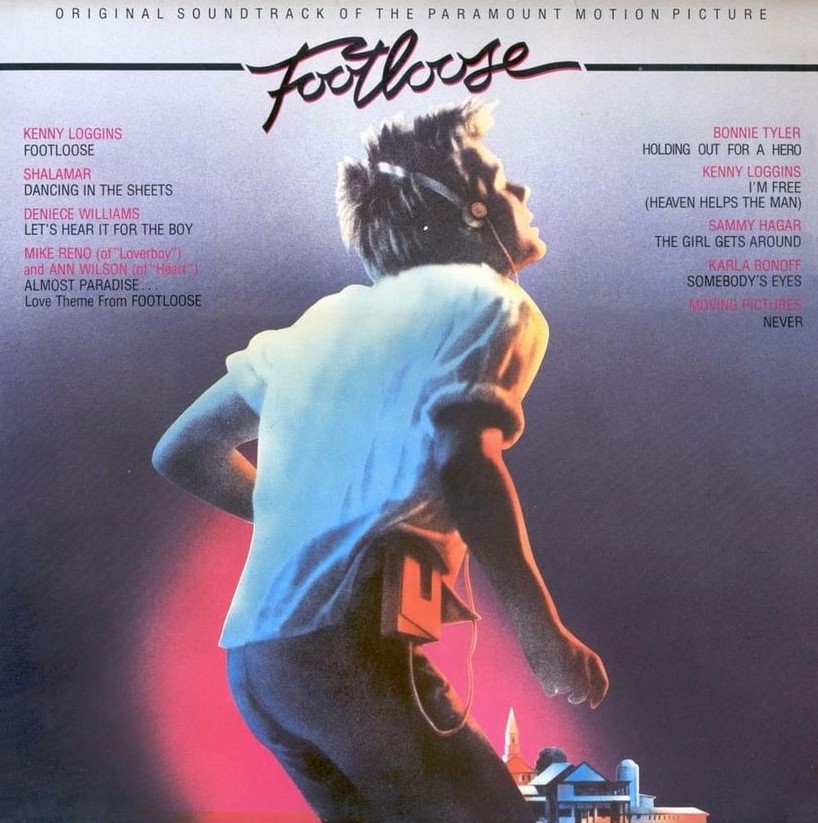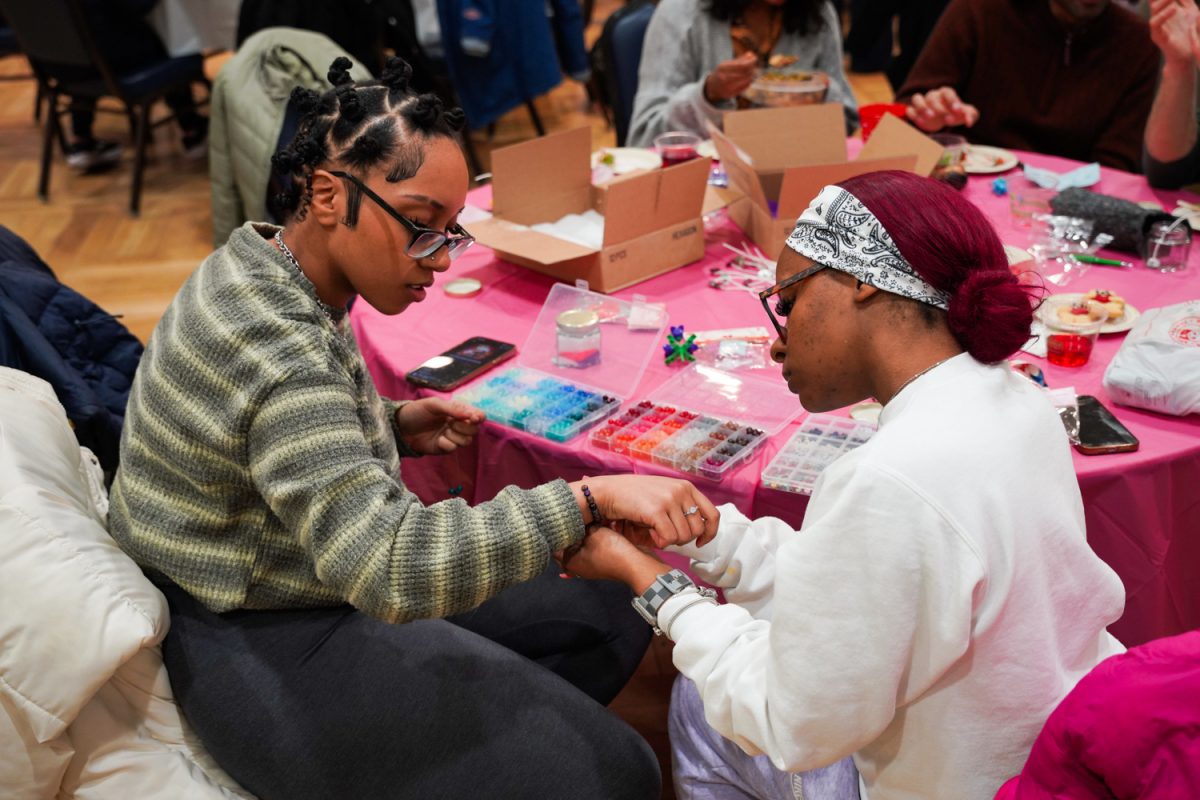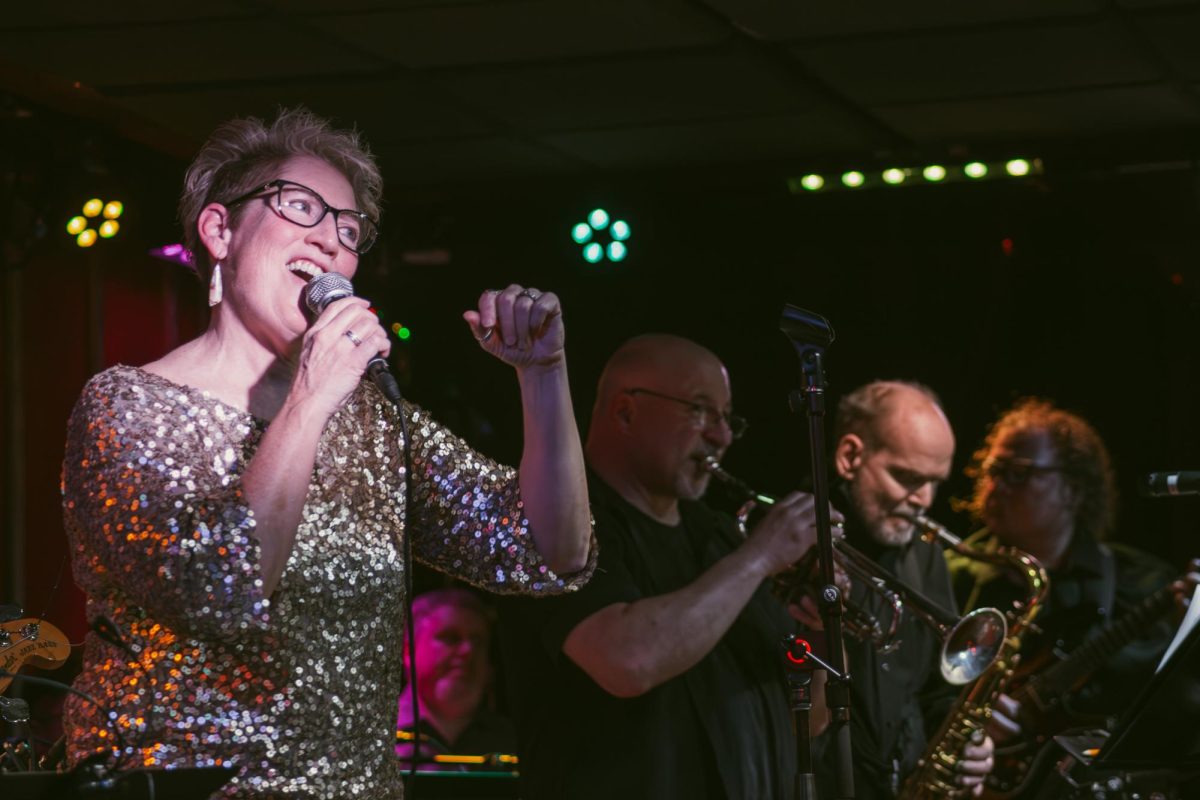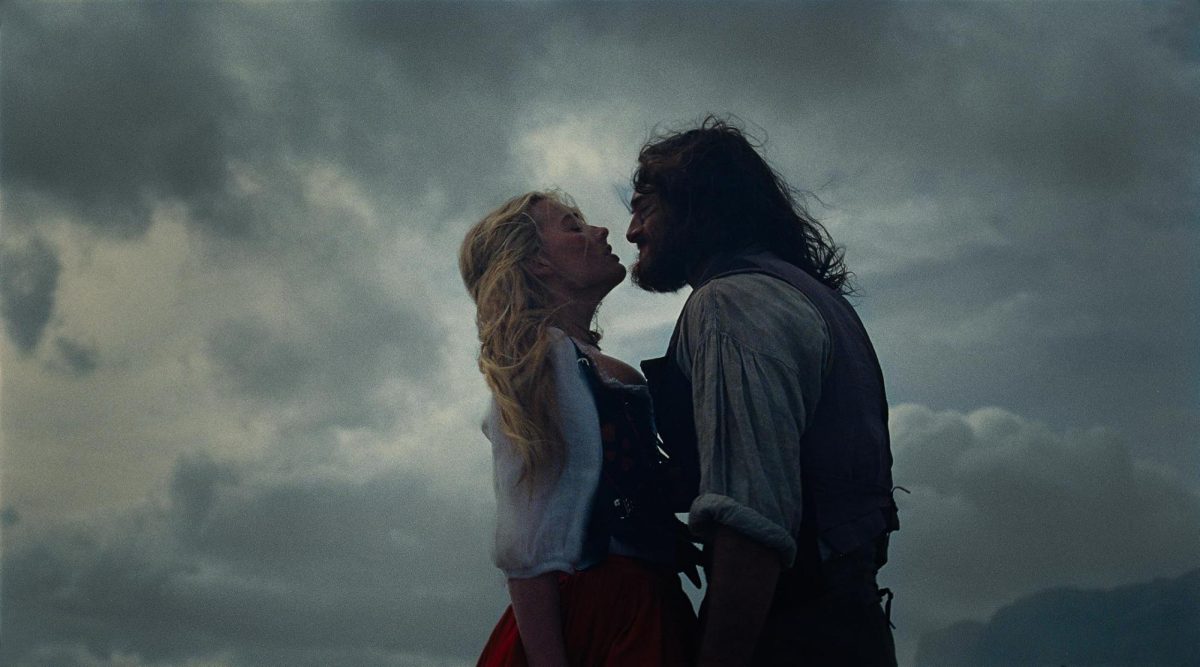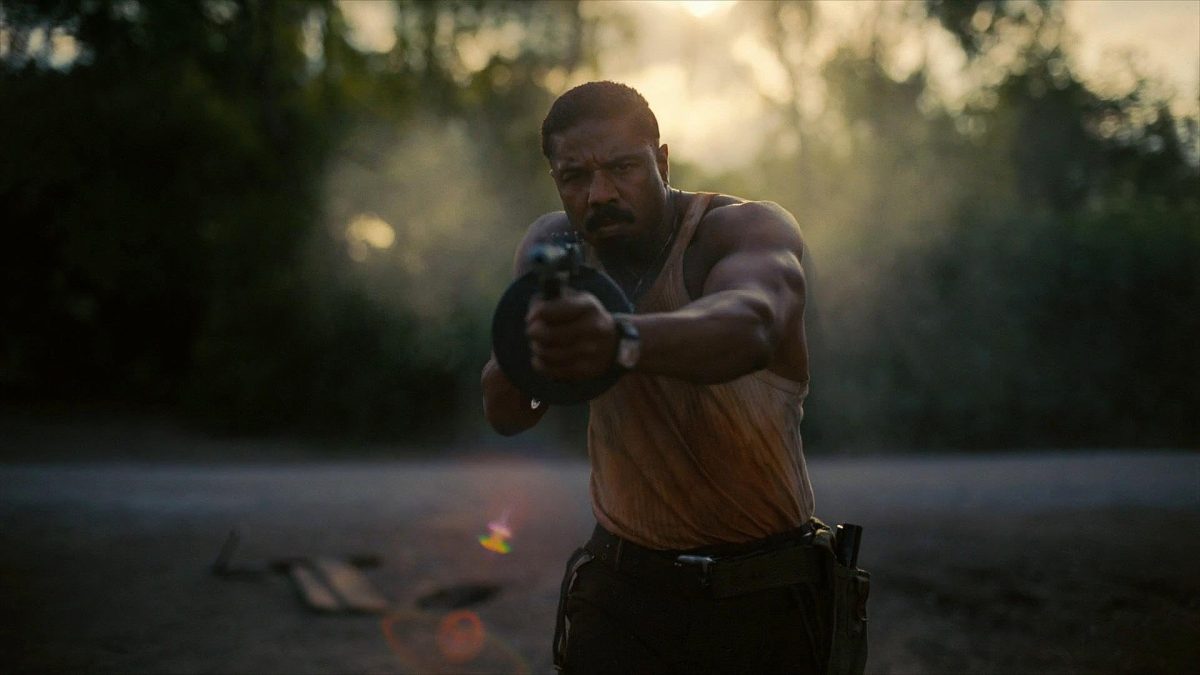**This review contains spoilers.**
Saturday marked the 40th anniversary of one of the most iconic films of the ’80s: “Footloose,” starring Kevin Bacon.
The film opens strong with the titular song by Kenny Loggins alongside a colorful arrangement of well-dressed, fancy footwork.
Bacon plays the new kid in town, a city boy named Ren who idolizes David Bowie. Quickly, the townspeople, including the local reverend, find him disruptive to their conservative way of life.
Get The Daily Illini in your inbox!
The town of Bomont, Oklahoma, has comically outlawed dancing and rock music, claiming that it leads to young adults being sexually irresponsible and reckless.
Ariel (Lori Singer) is the reverend’s daughter and matches her archetype proudly. She has an affinity for careless activities; early on, we can see her standing with her legs inside the windows of two cars speeding towards a semitruck.
She soon takes a liking to Ren, his outspoken attitude and his fight for expression. They begin to plan a dance for their senior class with the help of their friends and aim to abolish the law against dancing.
Being the main premise of the film, the choreography practically invites the audience to get up and dance with the film.
In a montage, Ren teaches his rhythmically challenged best friend, Willard, to dance. They sit upon the football bleachers, practicing their footwork in pointed black boots and high-waisted light blue jeans to the bouncy “Let’s Hear It for the Boy” by Deniece Williams.
The soundtrack plays an essential part in the film as it is the focal point in the town’s debate and also aids the expression of the local teenagers.
“Footloose” originated songs that permeate the cultural norm today, as the soundtrack charted number one on the US Billboard 200 in 1984. The film is chock full of familiar favorites, from those listed above to others such as Bonnie Tyler’s “Holding Out for a Hero.”
Throughout the film, Ren begins to question authority effectively by establishing himself in the town’s ecosystem among his peers and learning its customs and language. While it comes from a far-fetched story, he eventually affects change using civil disobedience, holding a prom illegally at the end of the film.
While the film was culturally impactful, it is not immune to criticism.
A product of its time, there was a significant absence of people of color in the movie. Even among the extras, there was a sea of white faces. The only exception was in the soundtrack with artists such as Williams and Howard Hewett.
The film was also starved for complexity among the female characters. Vi Moore, the reverend’s wife, is just that. She only speaks to aid in the development of the reverend’s character and worldview.
Ariel is the only woman given a voice with depth, struggle and humanity. She tackles themes of sexism and, consequently, gender violence, and while she reacts with understandable emotion, she is also resilient and sharp-tongued.
In a scene where she surprises her father silently watching him practice his upcoming sermon, she tells him that she used to enjoy them.
“And now?” the reverend asks.
“It’s different,” Ariel responds. “I see the stage. I see costumes. It’s show business, isn’t it?” Ariel’s quick but impactful line brings some fire to her character which is so noticeably absent in other women in the film.
“Footloose” has gifted us with its campy premise and a multitude of lively instant classics from its stunning soundtrack. While at times it tends to run a bit hollow, it’s still fair to say this feel-good romance achieves what it intends: a good night in.



